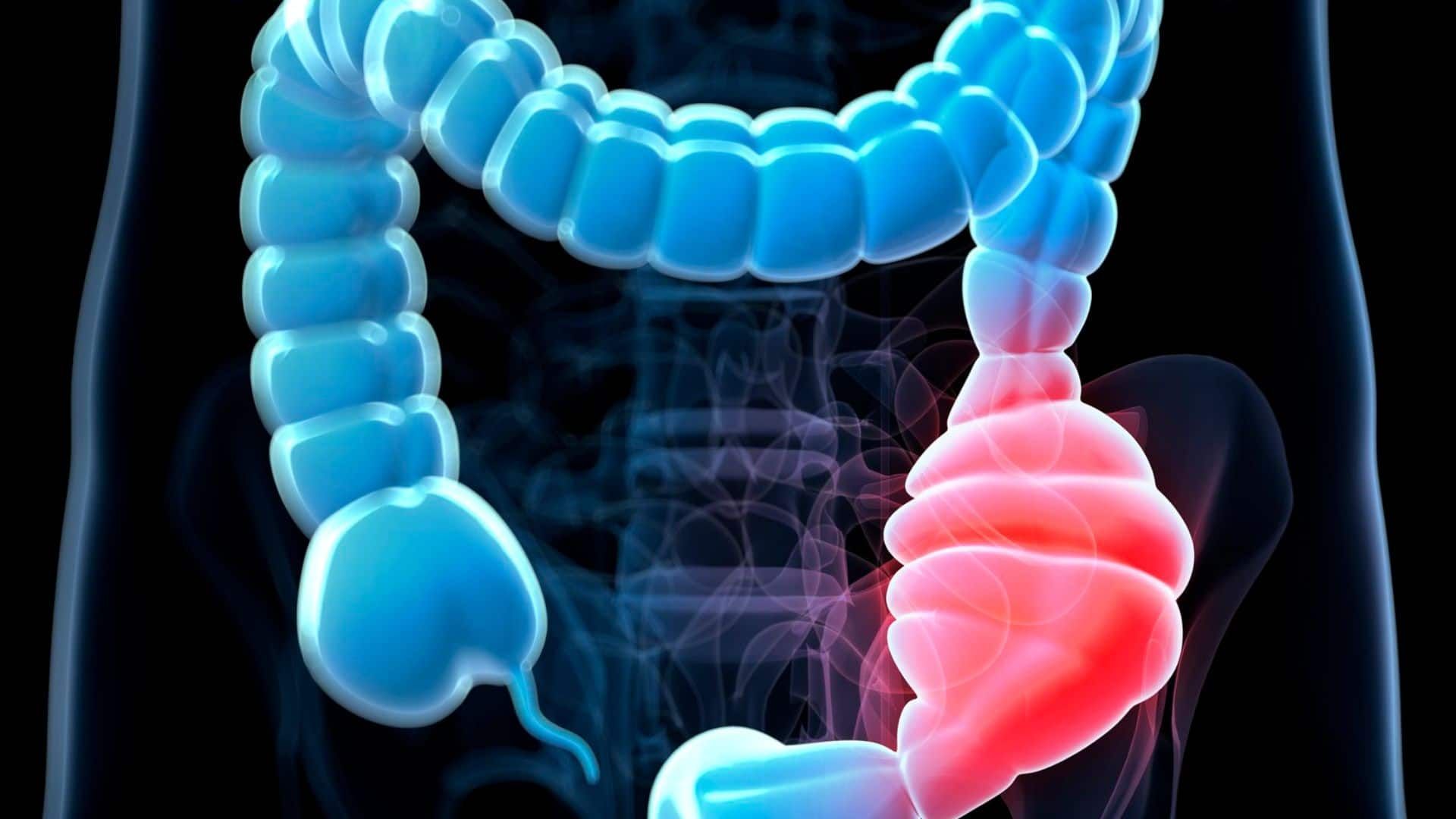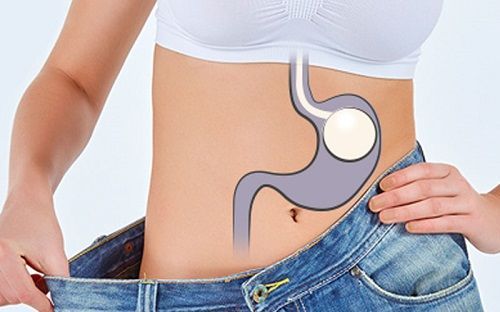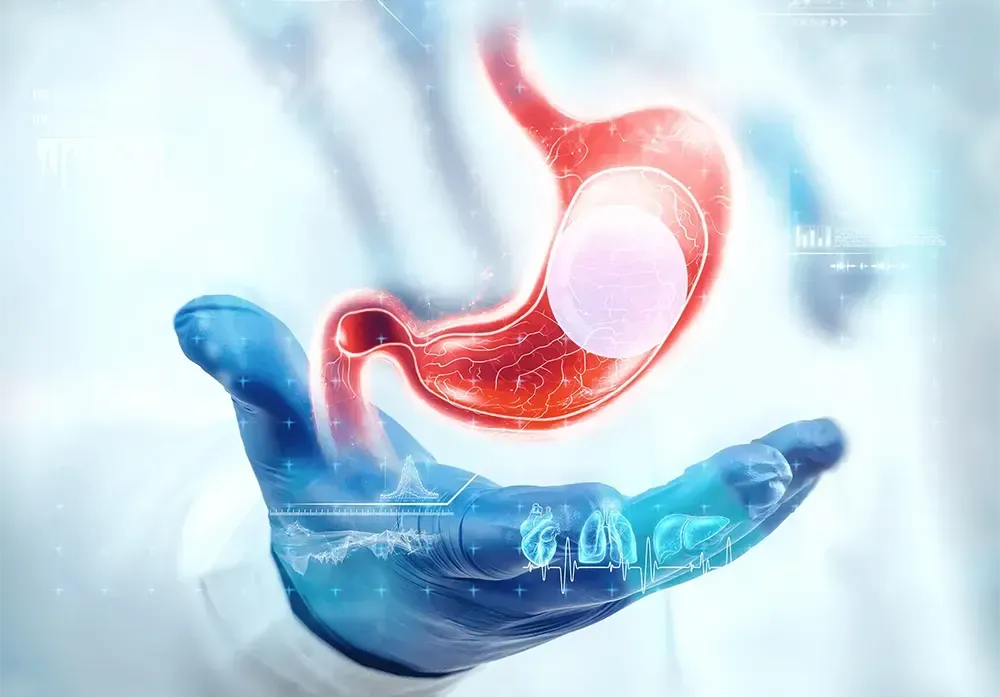Incorporating Collagen-Rich Foods into Your Diet for Weight Loss

Are you looking to lose weight and improve your overall health?
Consider incorporating collagen-rich foods into your diet. Collagen is a protein that plays a crucial role in various bodily functions and can support weight loss efforts. In this article, we will explore the benefits of collagen-rich foods, provide meal planning tips, and highlight the importance of consulting a San Diego dietitian for personalized guidance. Discover how collagen-rich foods can contribute to your weight loss journey.
The Role of Collagen in Weight Loss:
Collagen is a protein that provides structure to your skin, bones, tendons, and ligaments. It also plays a role in supporting a healthy metabolism and promoting satiety. Including collagen-rich foods in your diet can help support weight loss efforts by providing essential amino acids and promoting a feeling of fullness, which can reduce overeating and snacking.
Collagen-Rich Foods to Include in Your Diet:
To increase your collagen intake, consider incorporating the following foods into your diet:
– Bone Broth: Made by simmering animal bones, bone broth is a rich source of collagen and other nutrients. You can enjoy it as a warm beverage or use it as a base for soups and stews.
– Fish and Seafood: Fish, especially those with skin and bones, such as salmon and sardines, are excellent sources of collagen.
– Chicken and Turkey: Consuming poultry with the skin and connective tissues intact can provide collagen.
– Eggs: Egg whites contain amino acids that support collagen production in the body.
– Leafy Greens: Vegetables like spinach, kale, and Swiss chard contain nutrients that support collagen synthesis.
Meal Planning Tips for Incorporating Collagen:
To maximize the benefits of collagen-rich foods in your weight loss journey, consider the following meal planning tips:
– Include collagen-rich foods in your meals and snacks regularly.
– Combine collagen-rich foods with other protein sources to ensure a well-rounded amino acid profile.
– Pair collagen-rich foods with vitamin C-rich foods, as vitamin C is essential for collagen synthesis.
– Experiment with recipes that incorporate bone broth or collagen peptides as ingredients.
The Support of a San Diego Dietitian:
Consulting a San Diego dietitian can provide personalized guidance and support for incorporating collagen-rich foods into your weight loss
plan. A dietitian can assess your nutritional needs, help you develop a customized meal plan, and provide recommendations for collagen
supplementation if necessary. They can also address any specific dietary concerns or restrictions you may have.
In conclusion, incorporating collagen-rich foods into your diet can support your weight loss efforts. These foods provide essential amino acids and promote satiety, helping to reduce overeating. By consulting a San Diego dietitian and following meal planning tips, you can optimize the benefits of collagen-rich foods and enhance your weight loss journey. Start incorporating collagen-rich foods today and experience the potential benefits for your overall health and well-being.
Sources:
1. Proksch, E., et al. (2014). Oral supplementation of specific collagen peptides has beneficial effects on human skin physiology: a double-blind, placebo-controlled study. Skin Pharmacology and Physiology, 27(1), 47-55.
2. Clark, K. L., et al. (2008). 24-Week study on the use of collagen hydrolysate as a dietary supplement in athletes with activity-related joint pain. Current Medical Research and Opinion, 24(5), 1485-1496.
3. Liu, X., et al. (2019). Collagen peptides promote photoaging skin cell repair by activating the TGF-β/Smad pathway and depressing collagen degradation. Food & Function, 10(5), 2870-2881.
The post Incorporating Collagen-Rich Foods into Your Diet for Weight Loss appeared first on Gastro SB.










